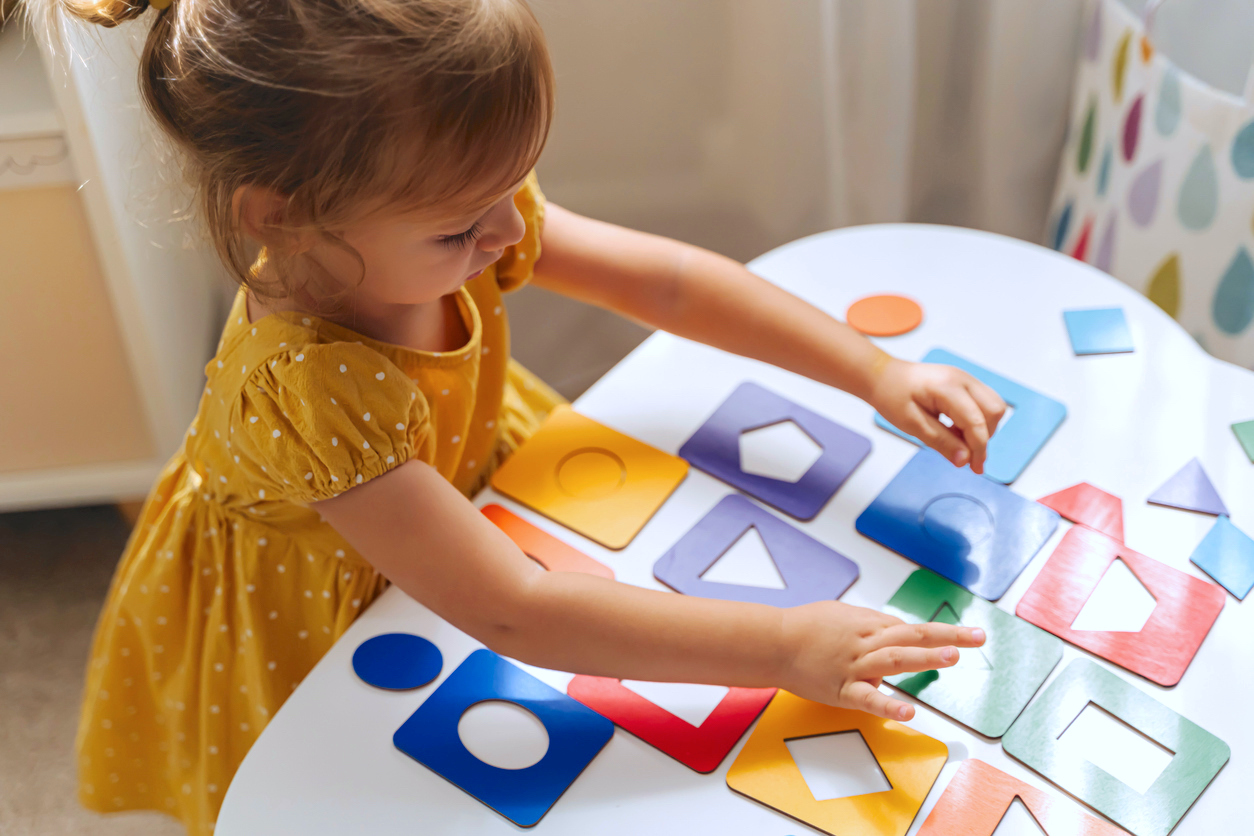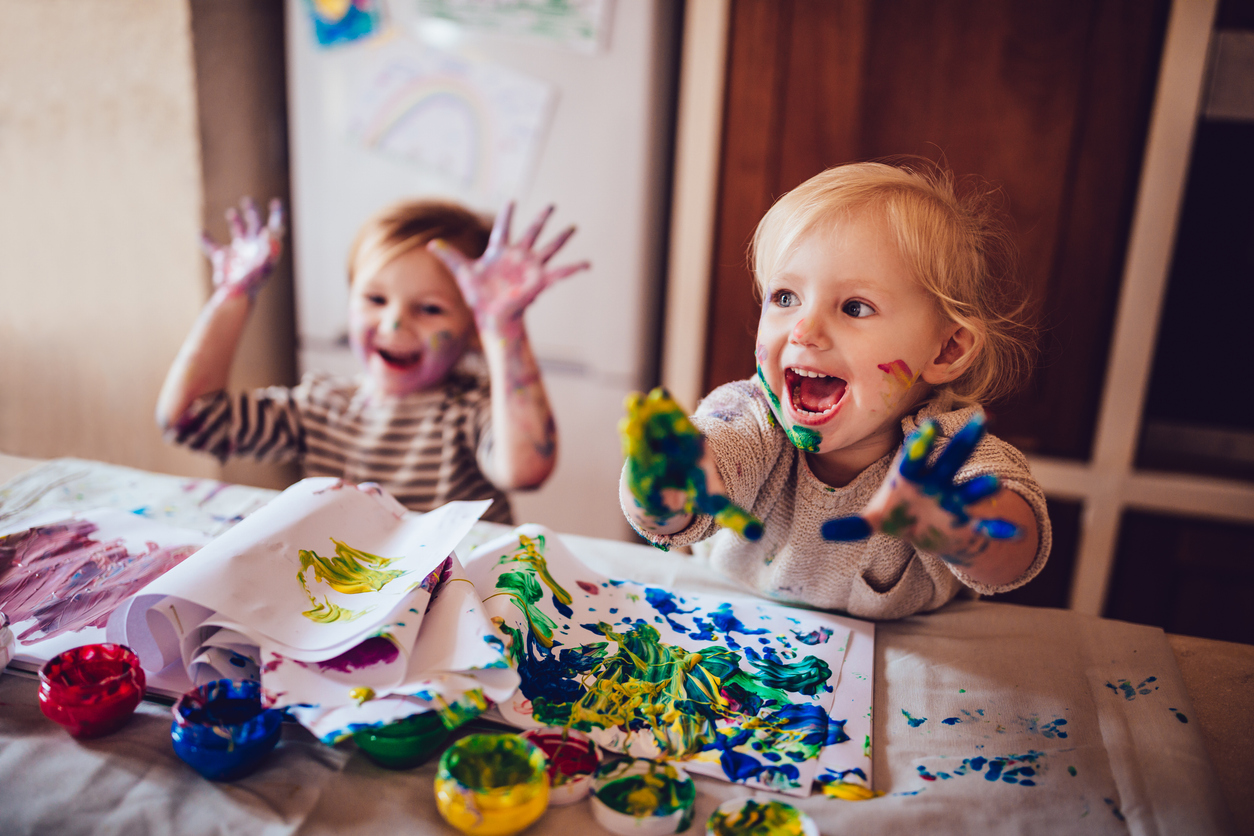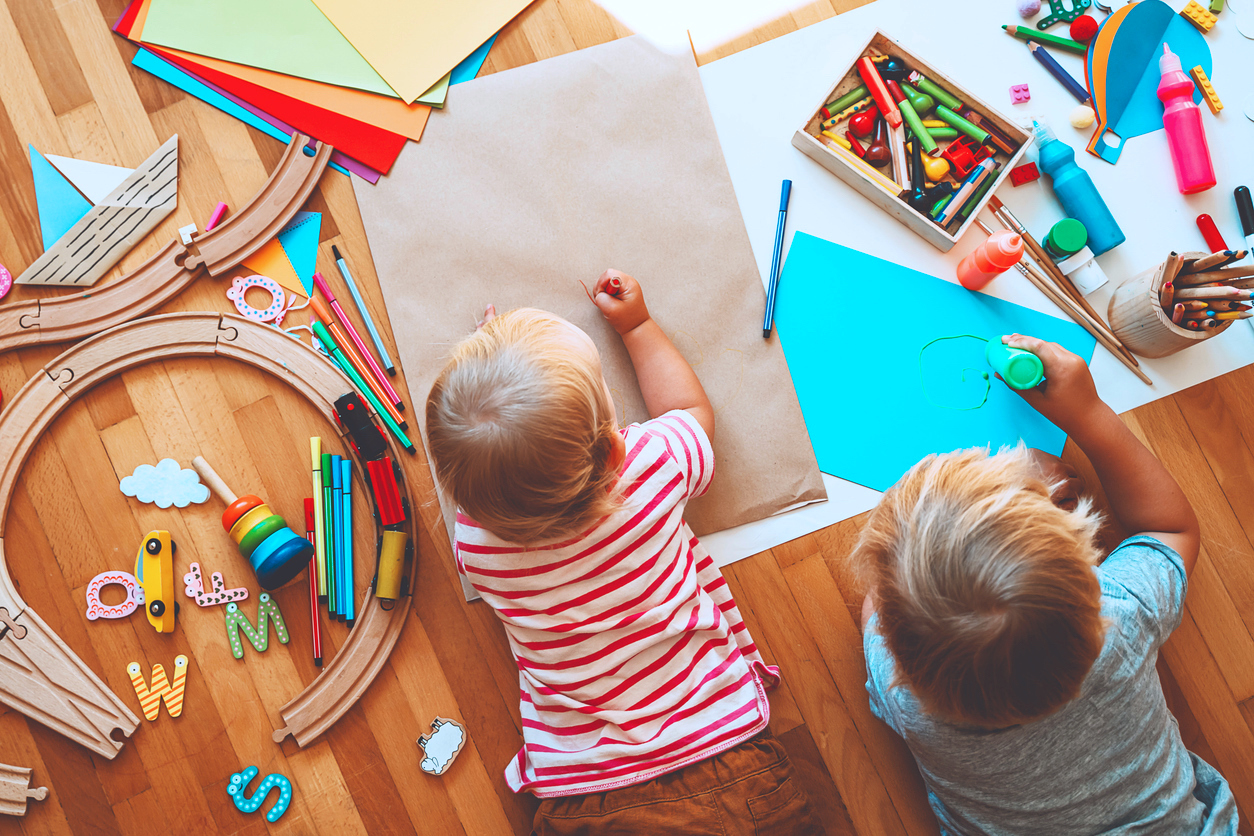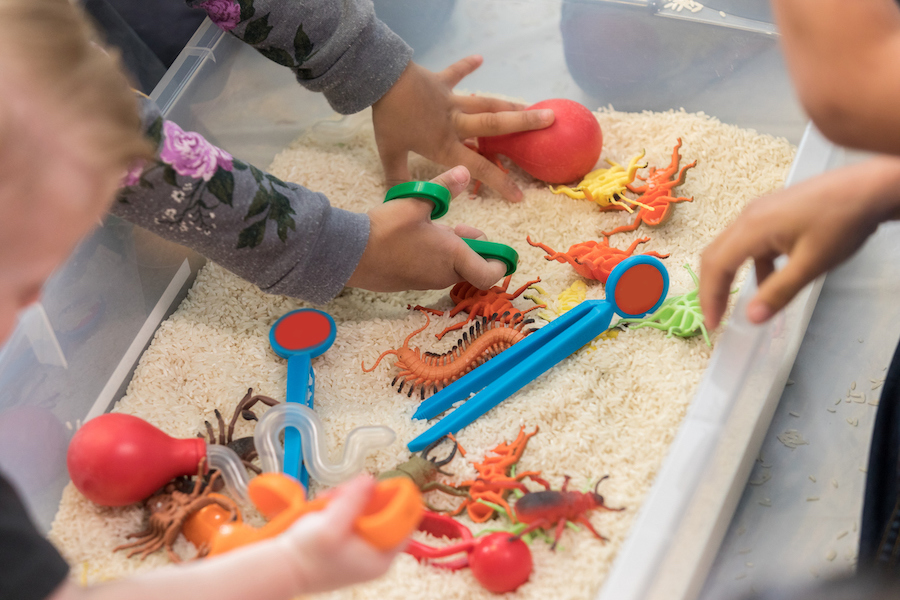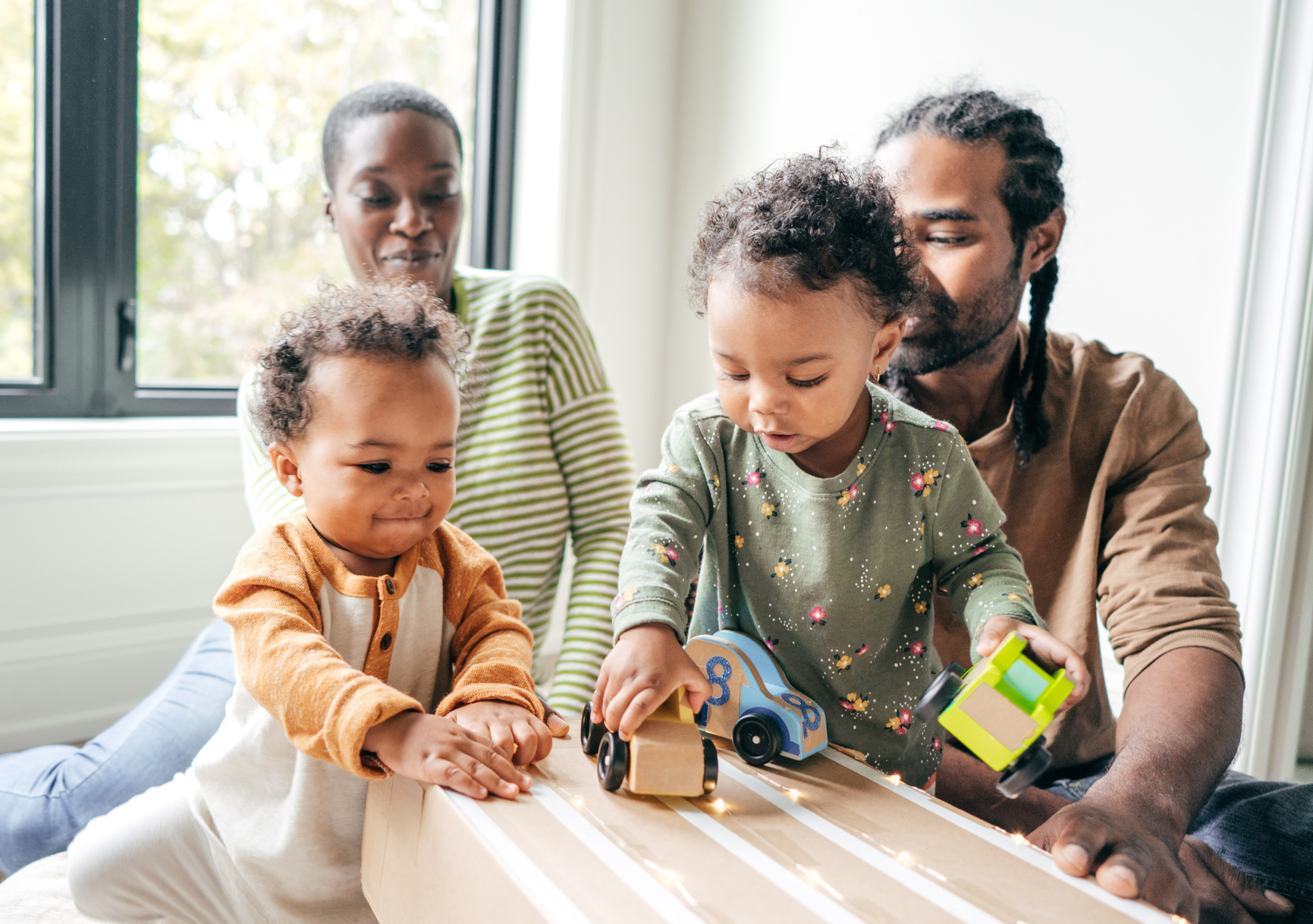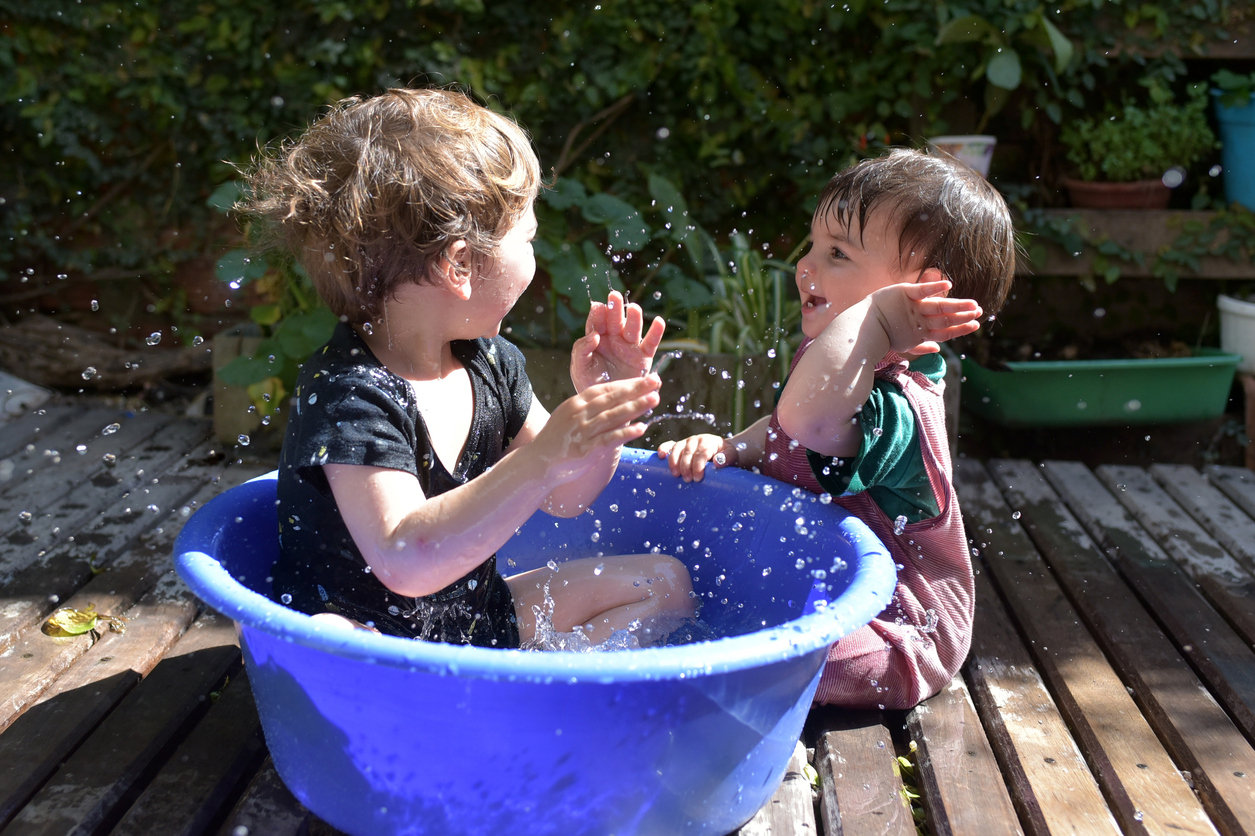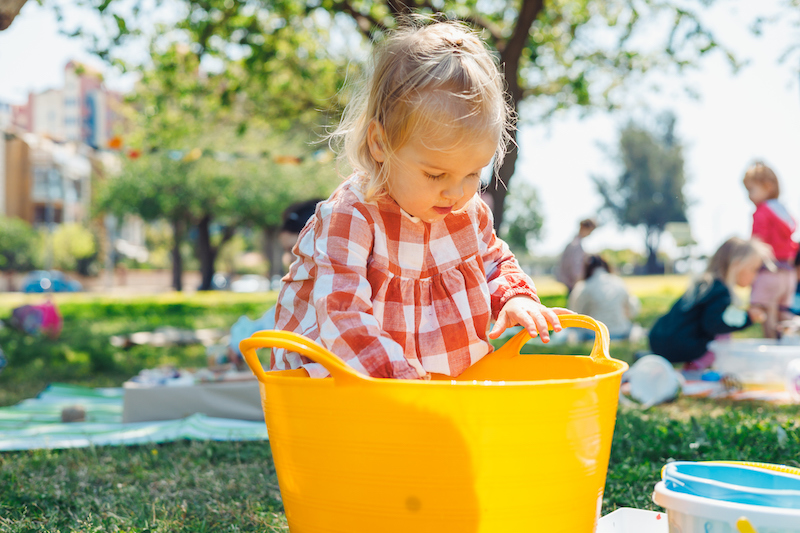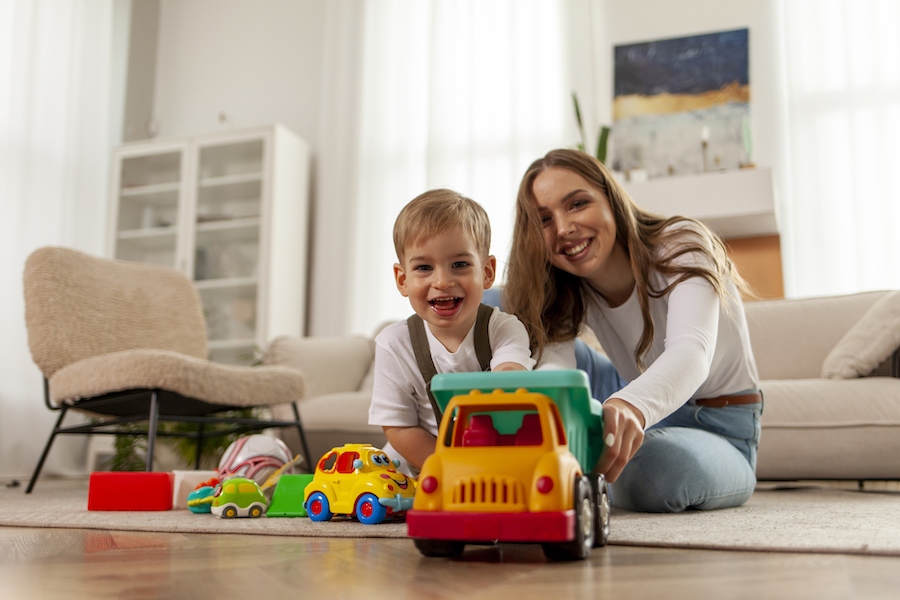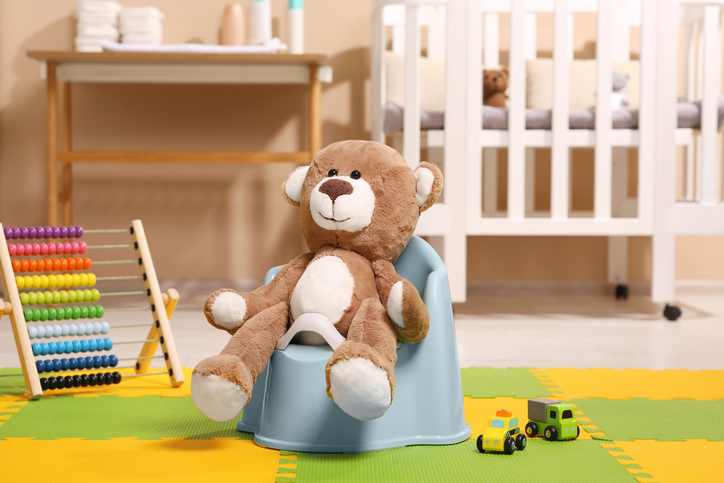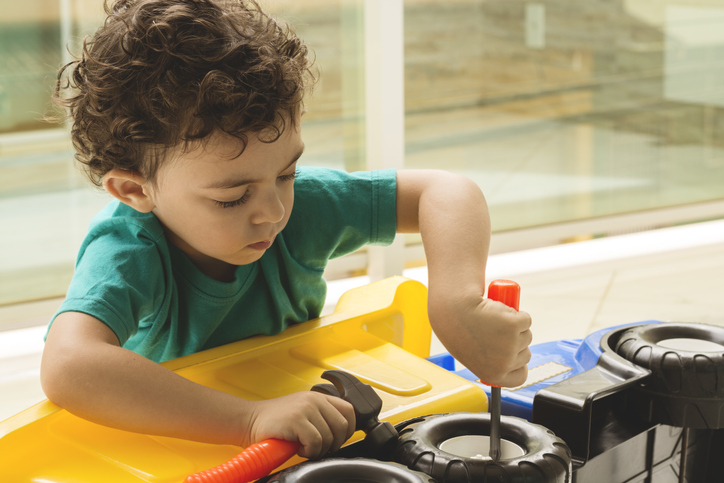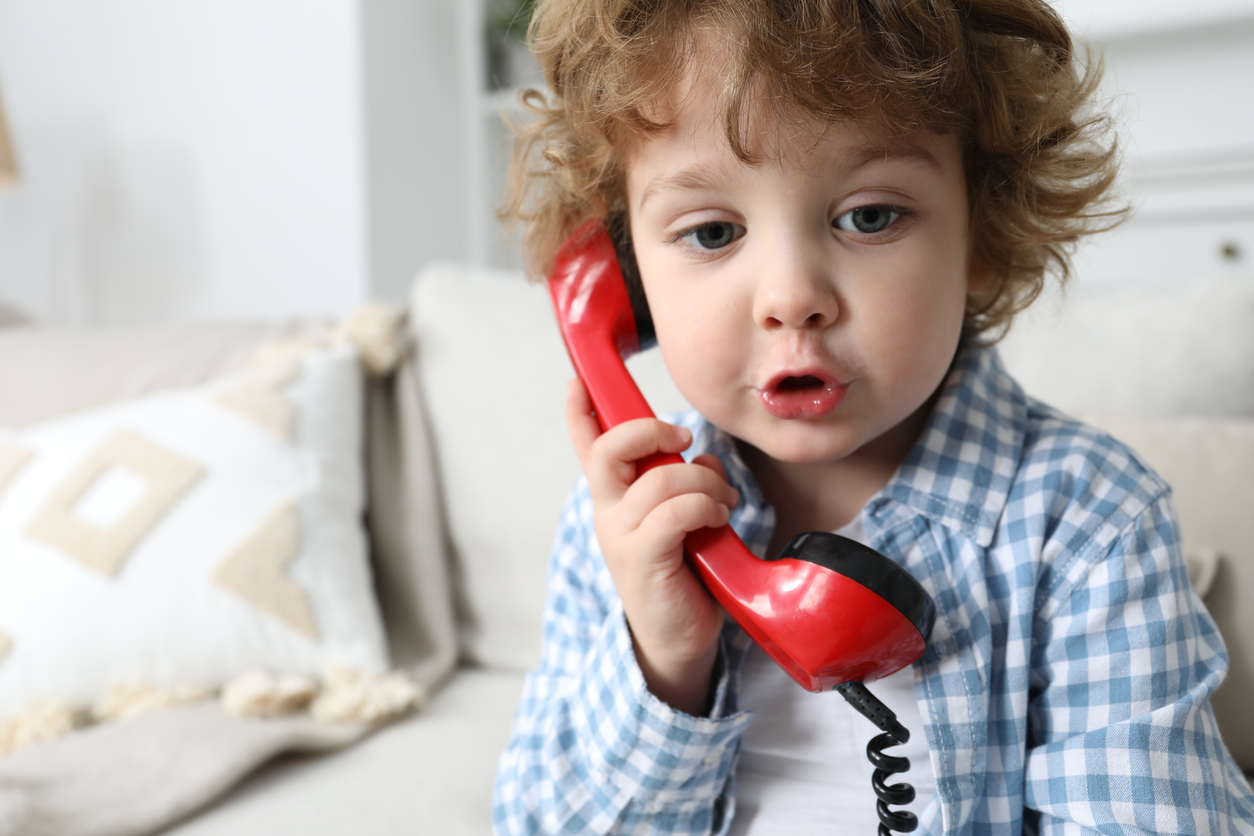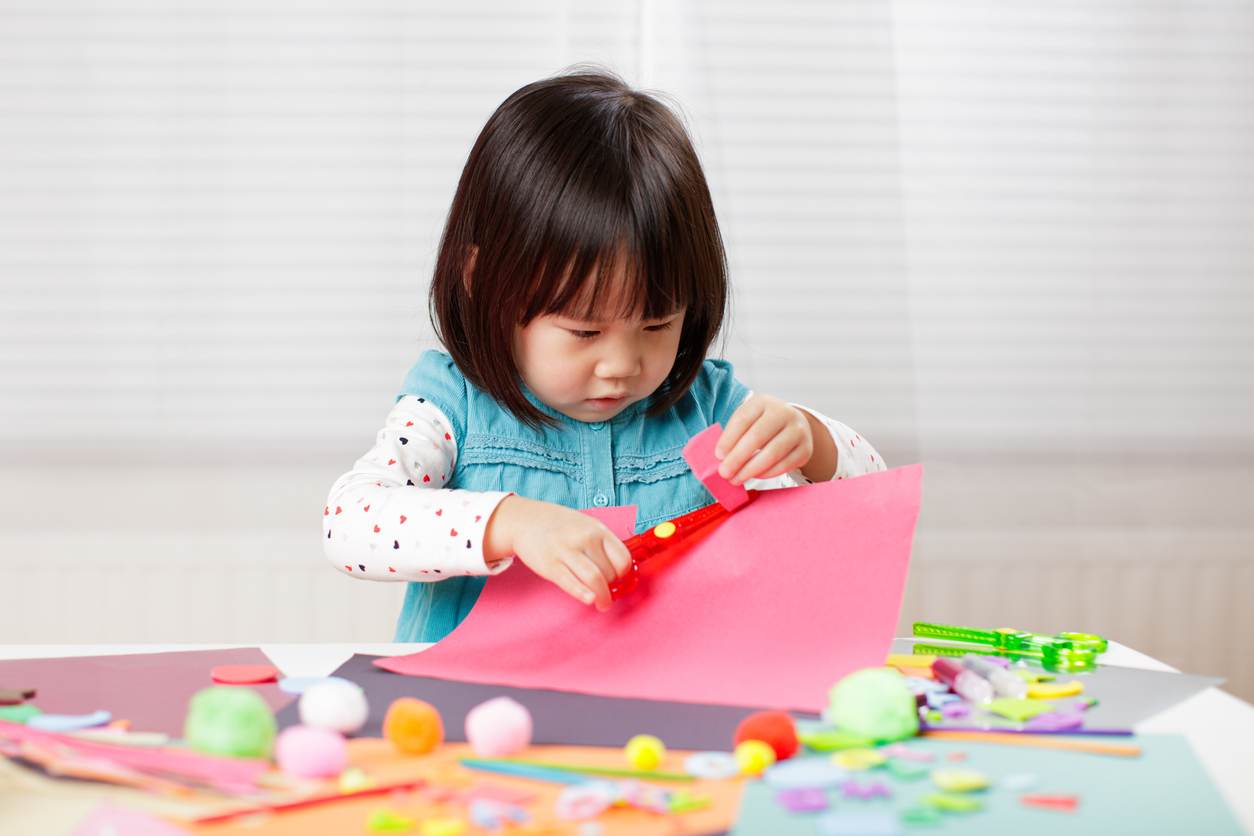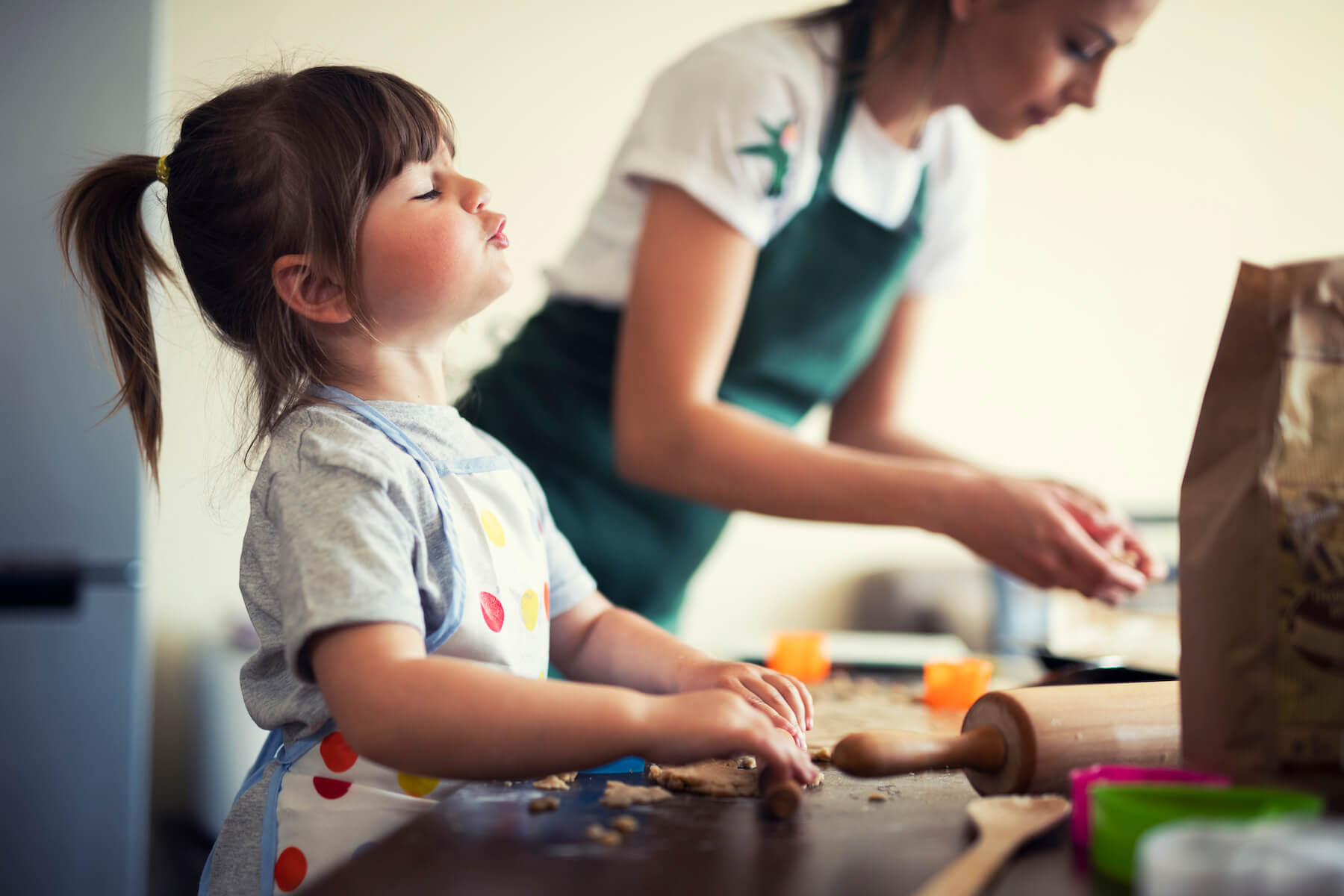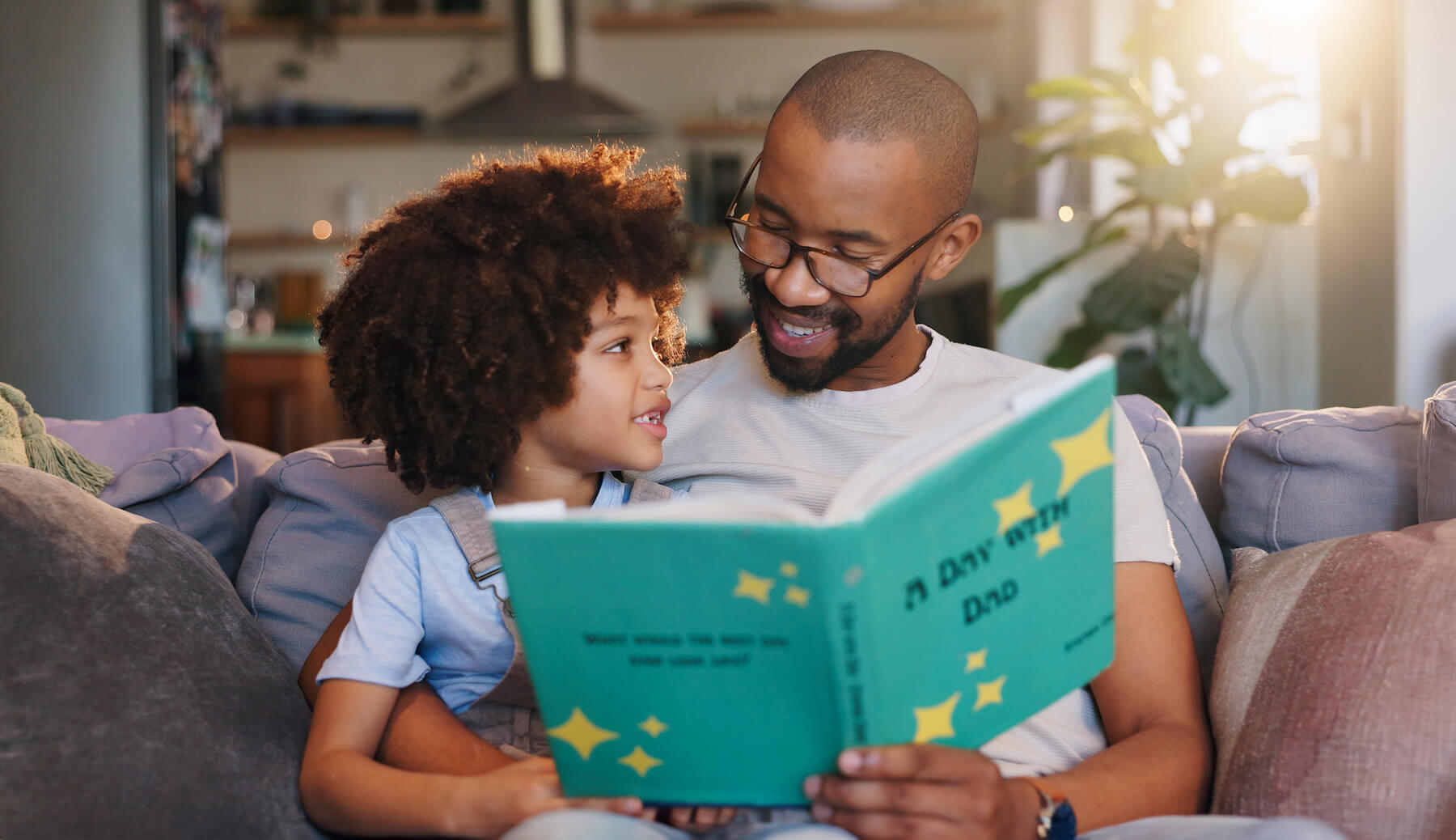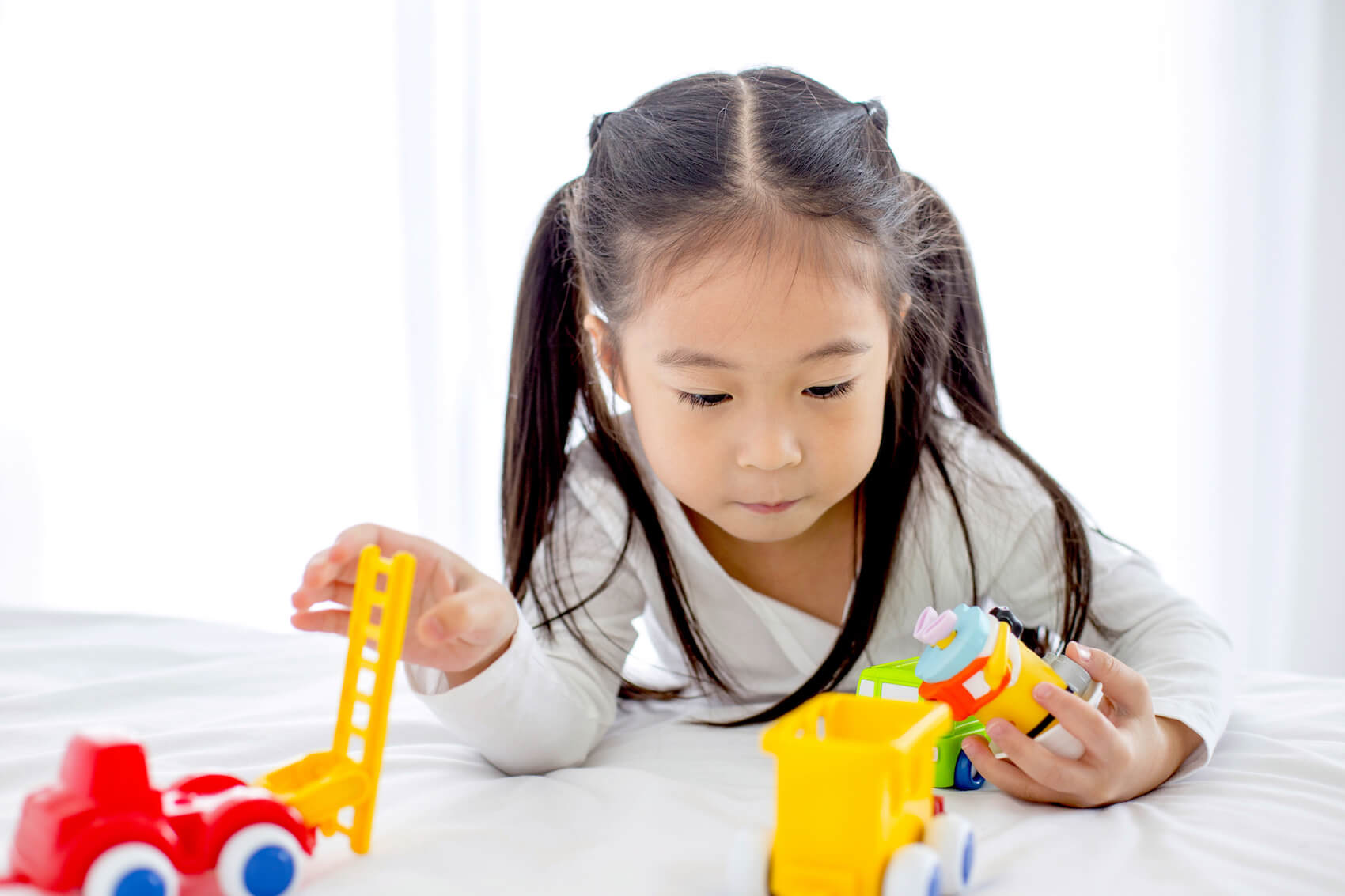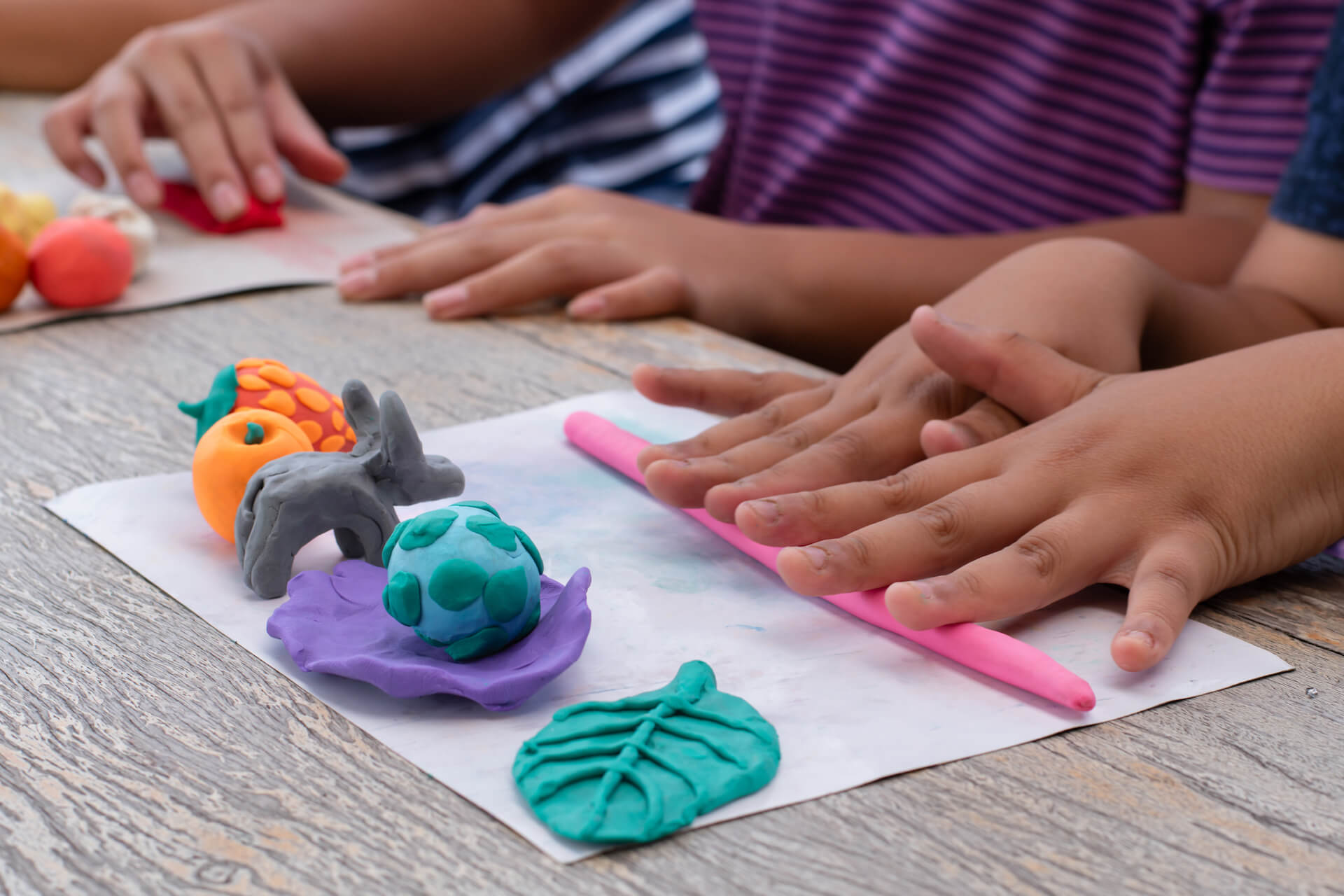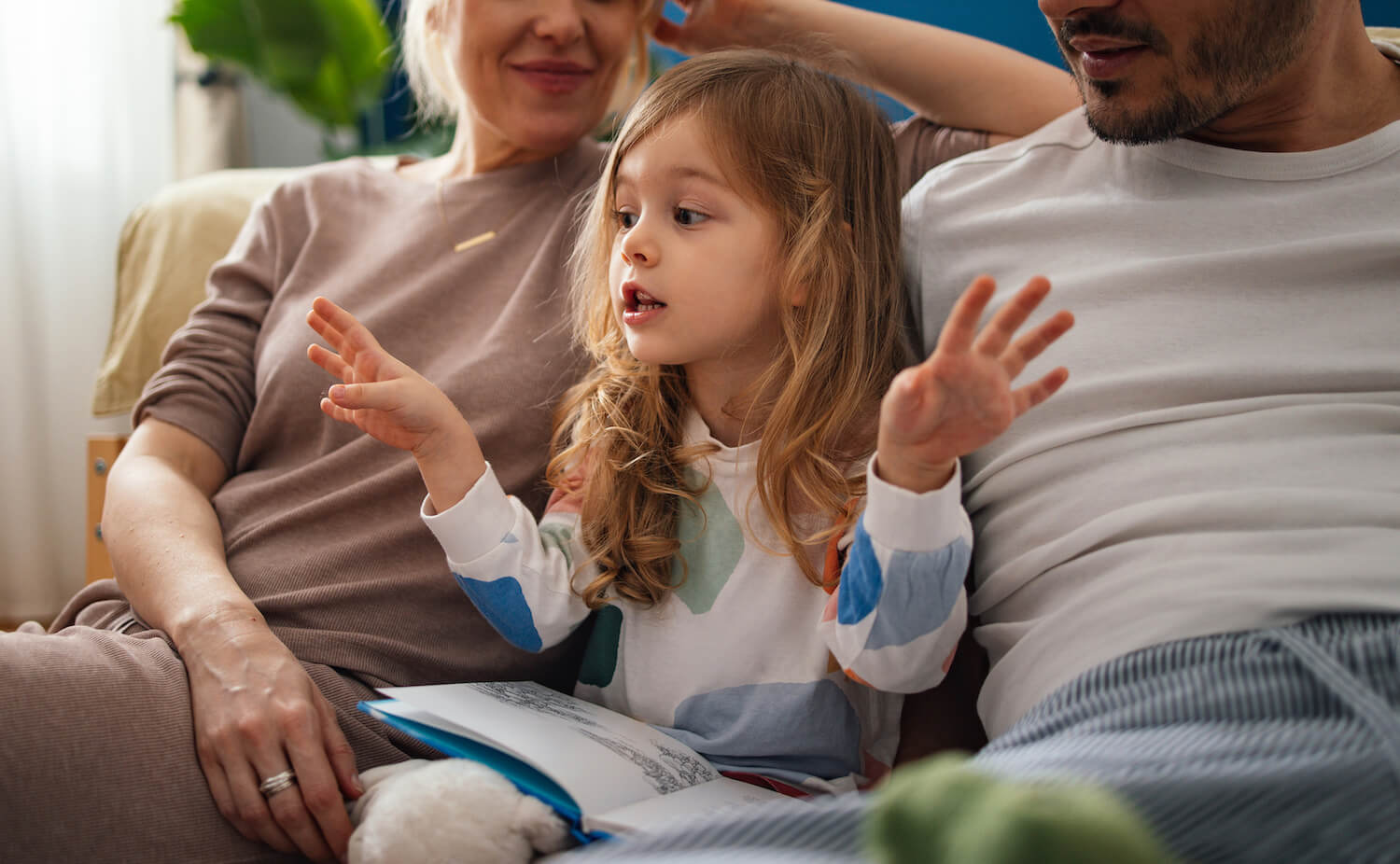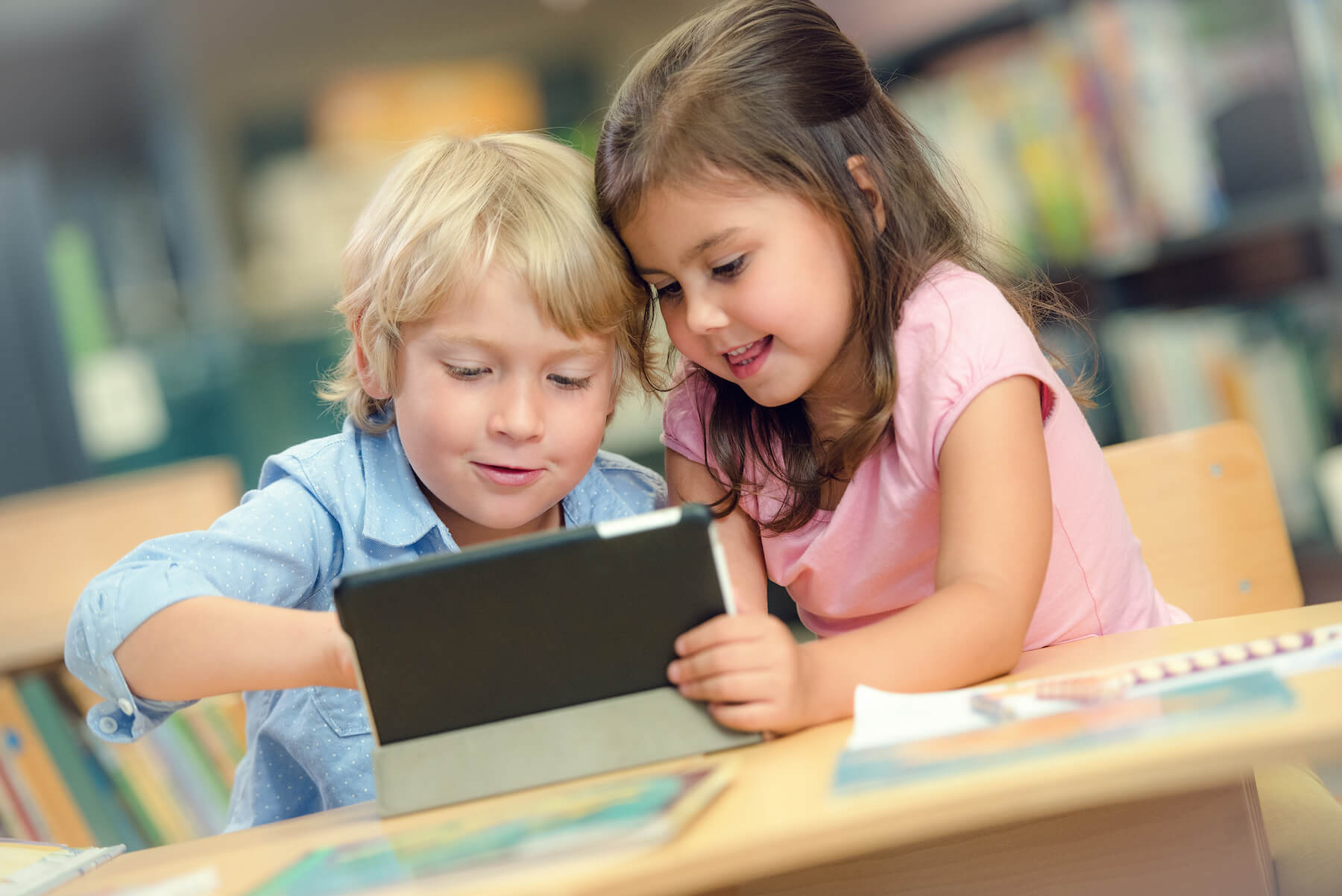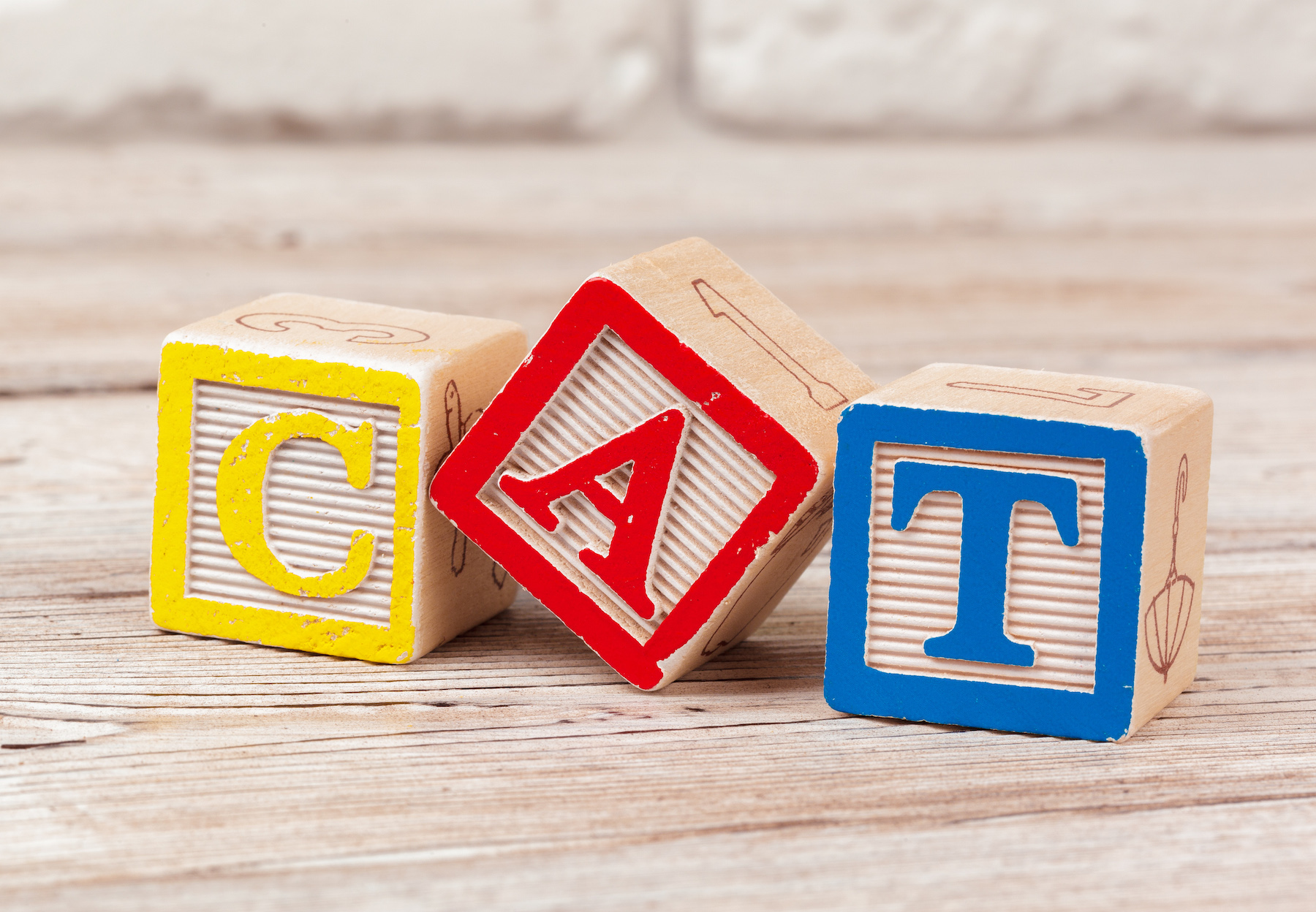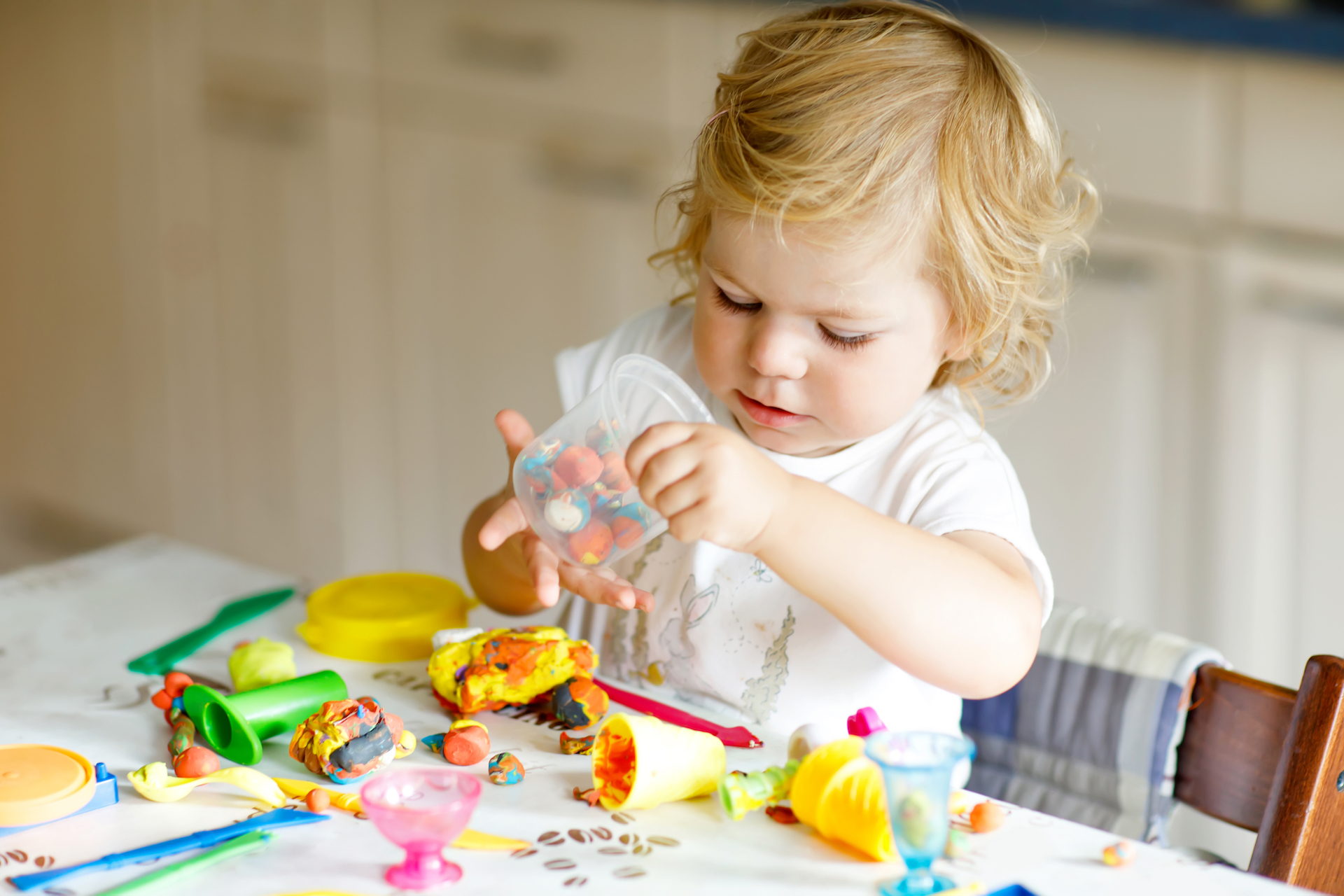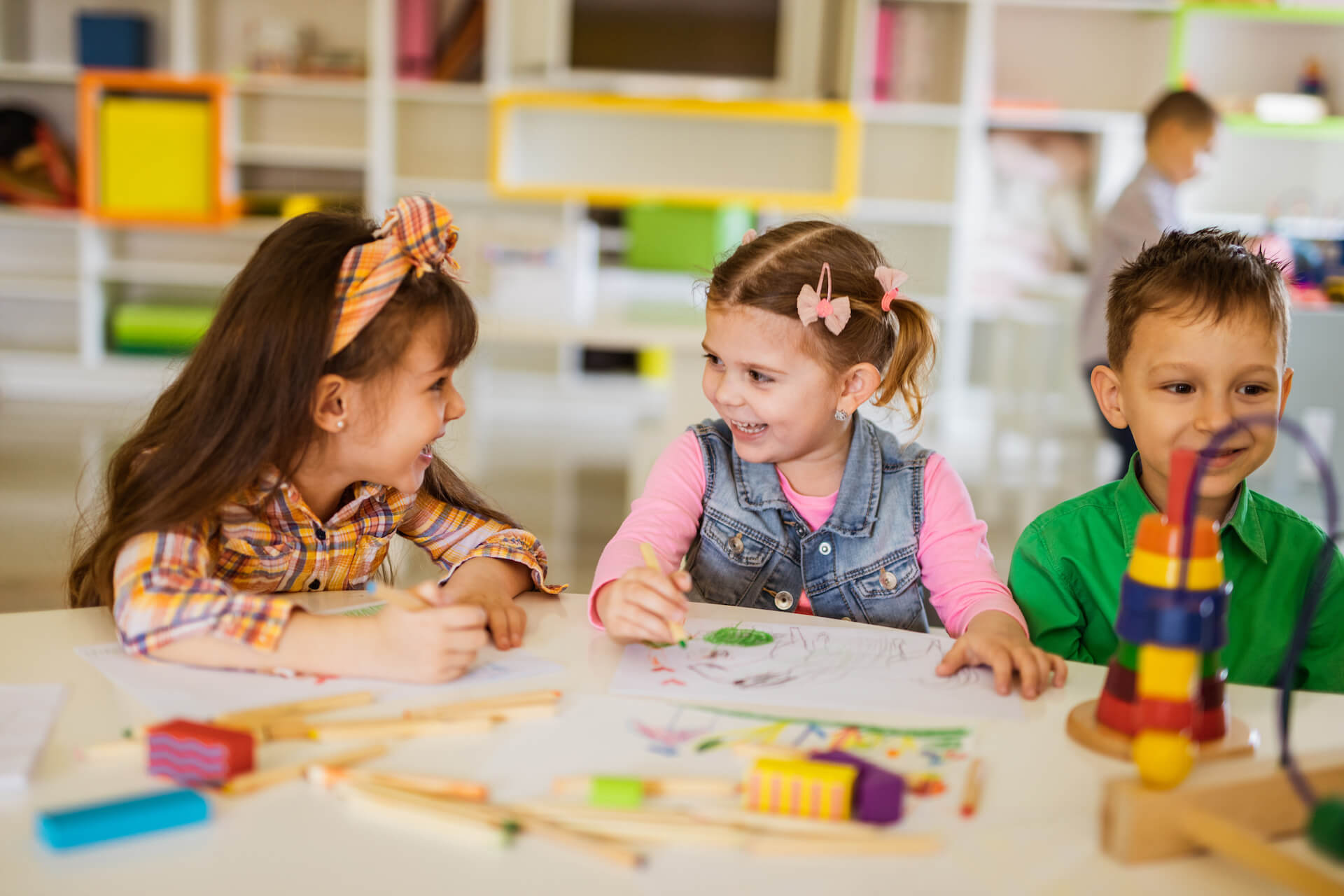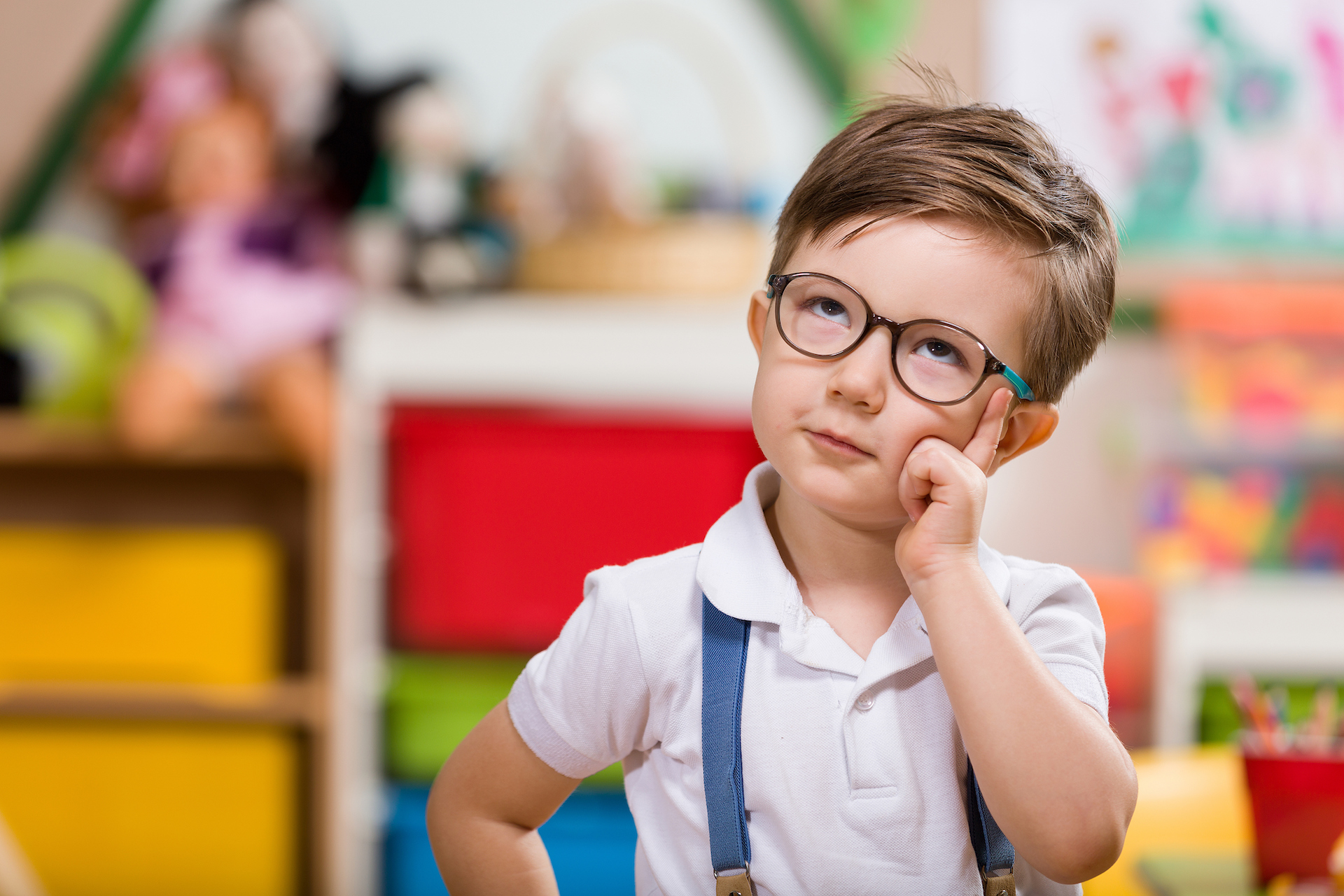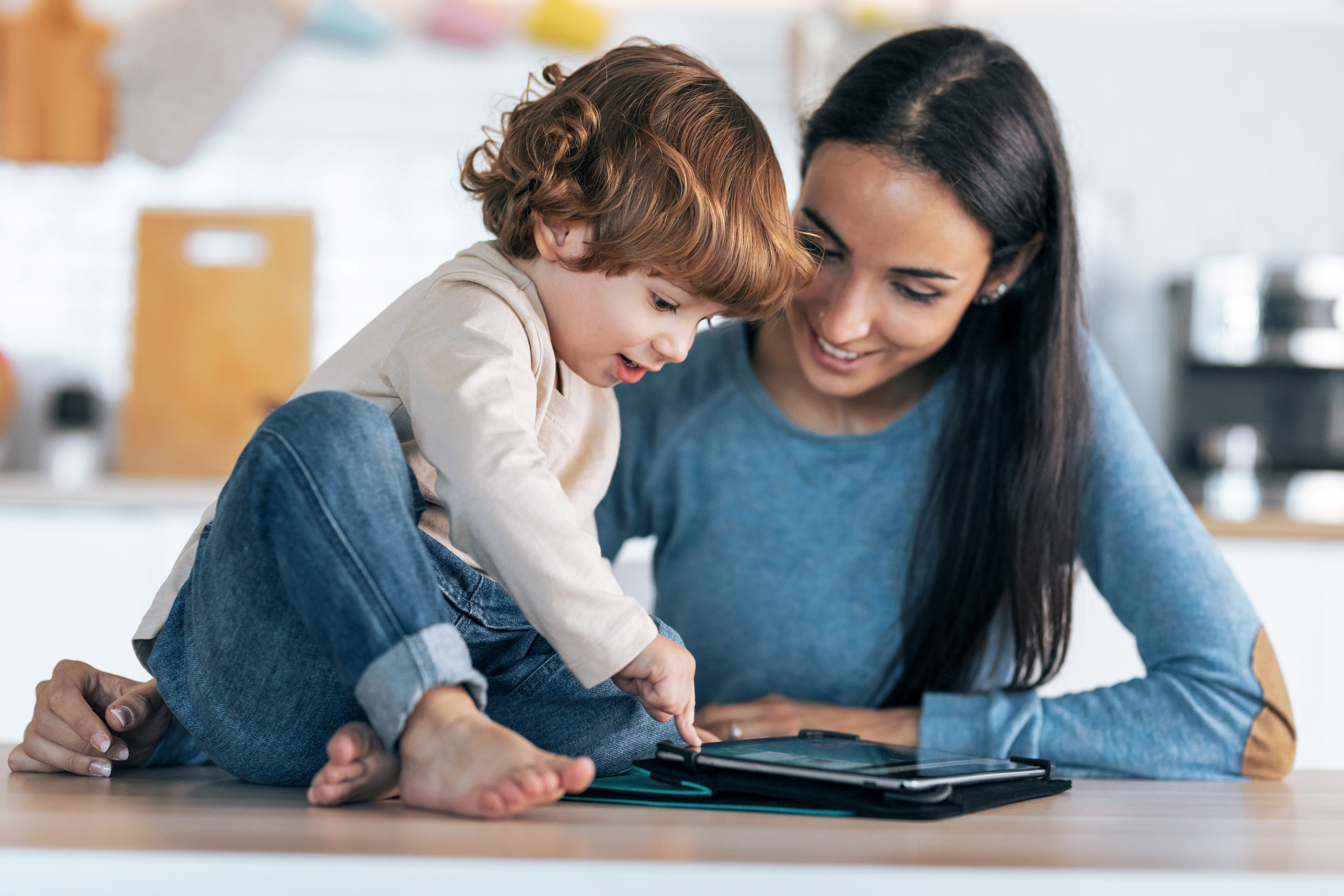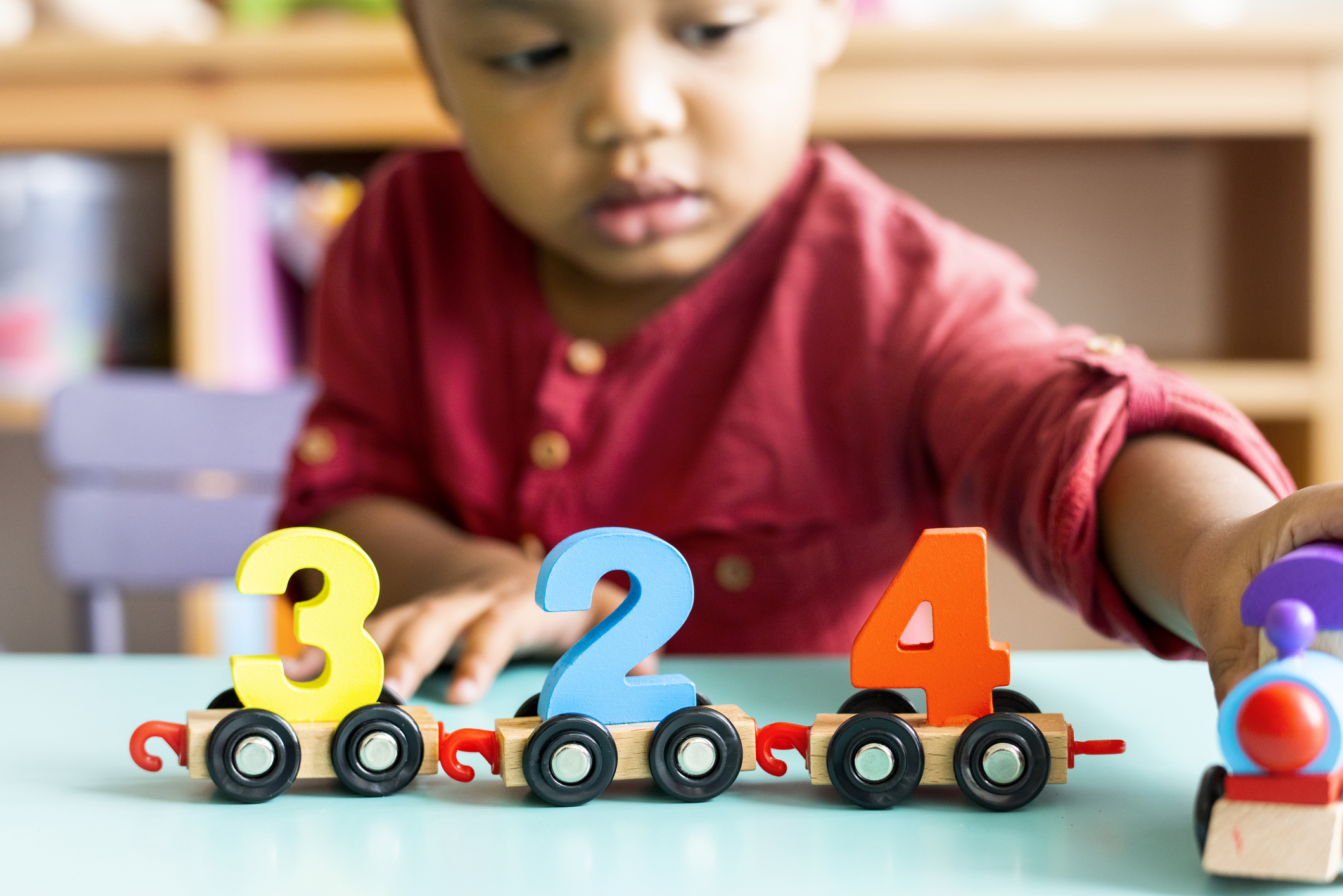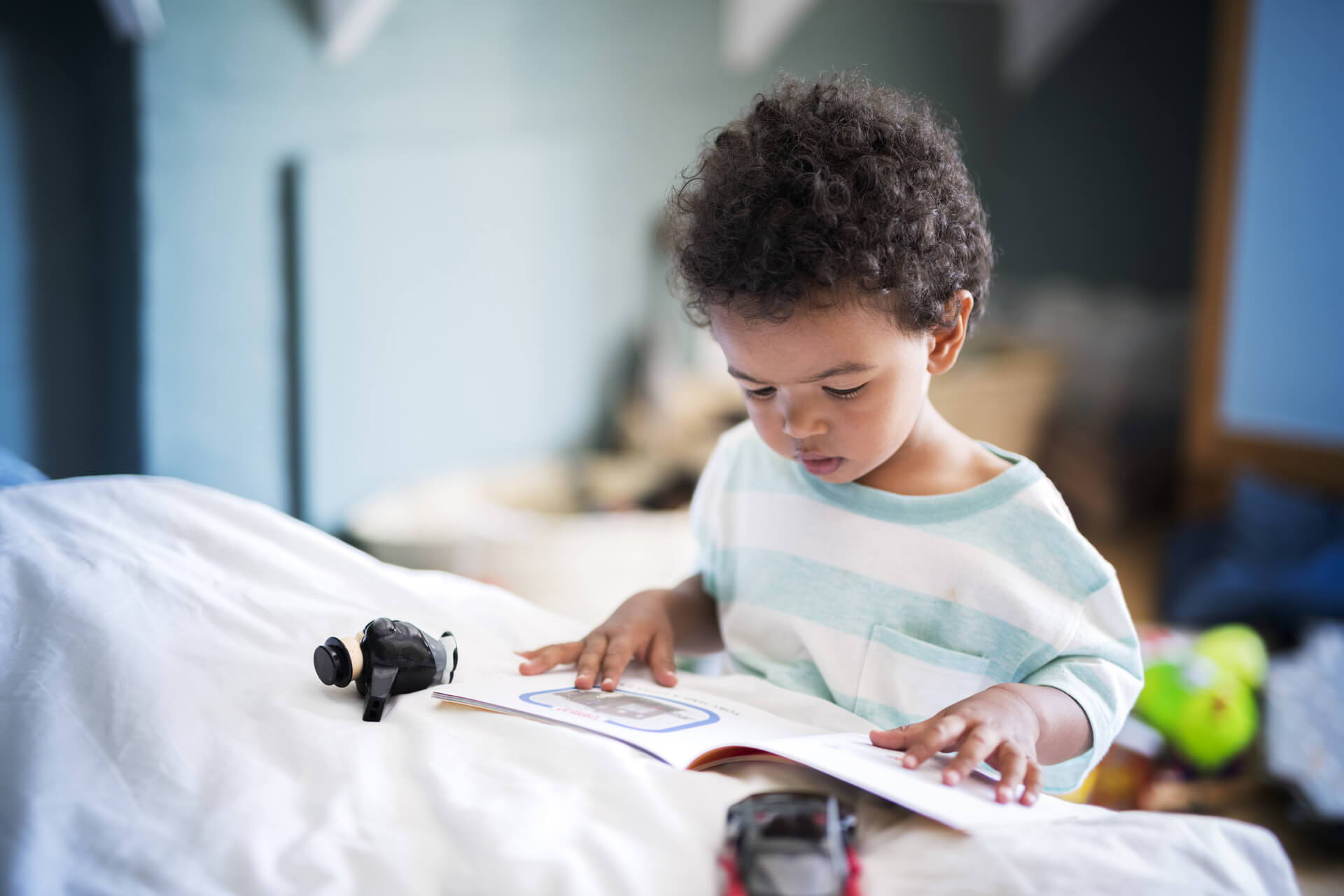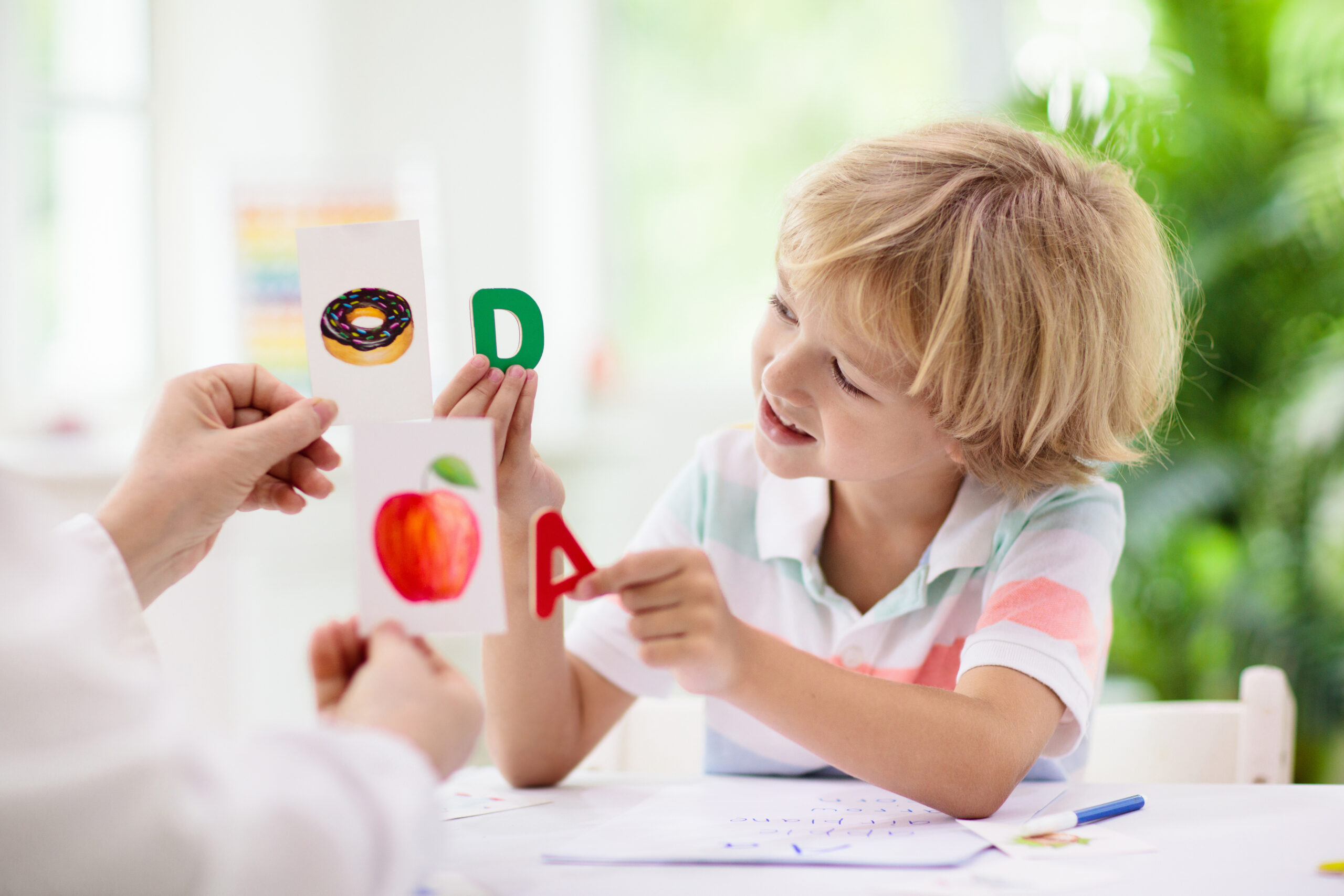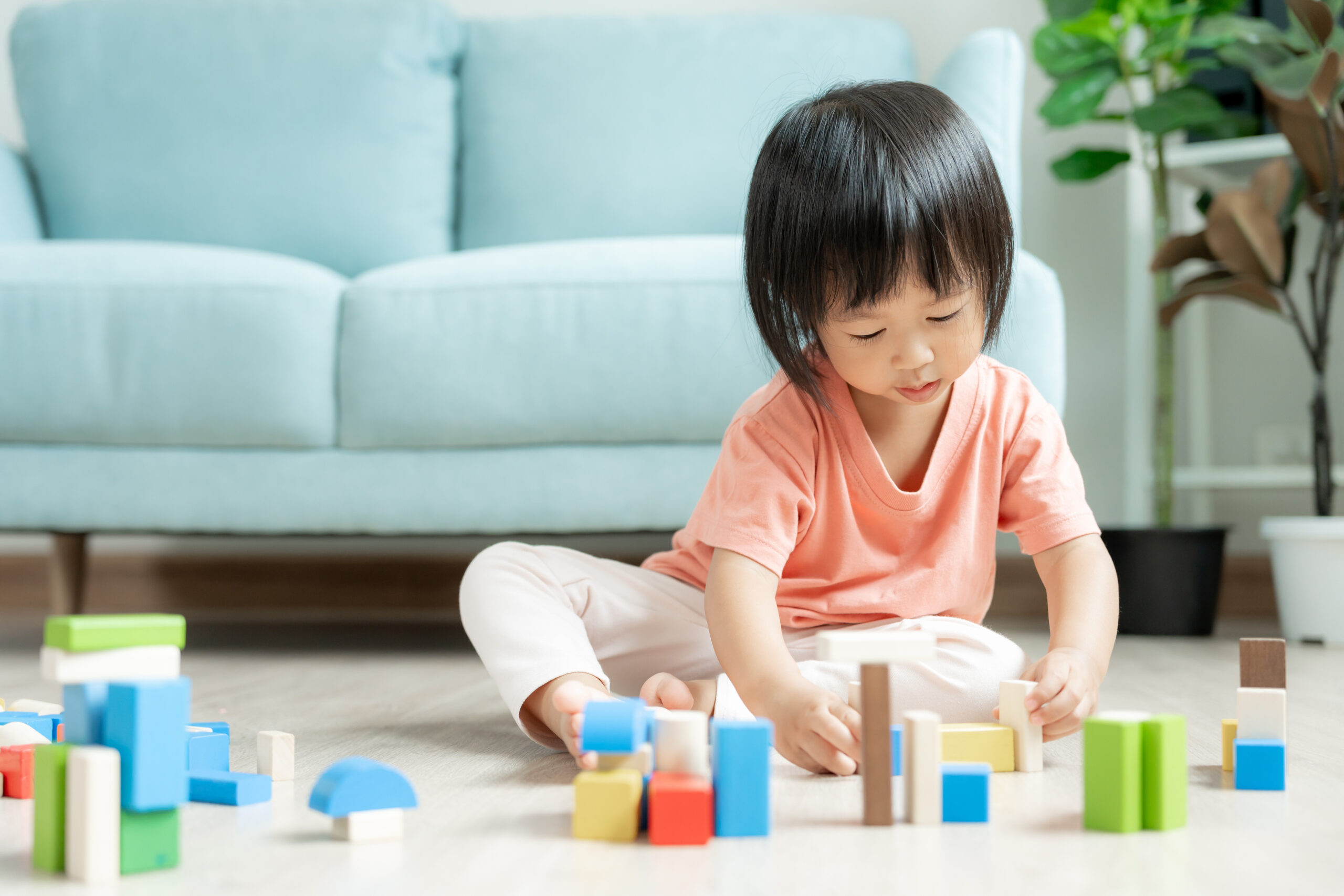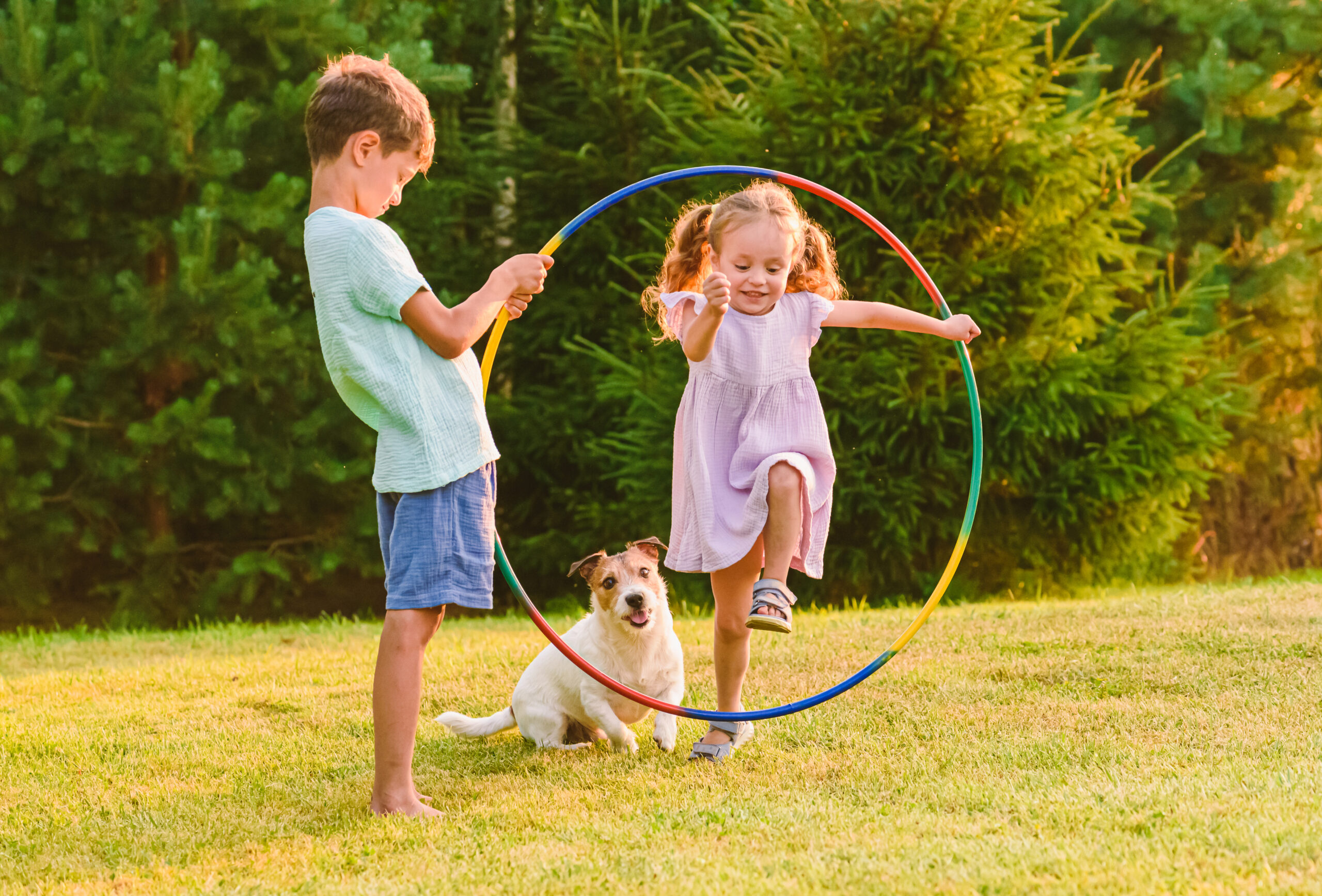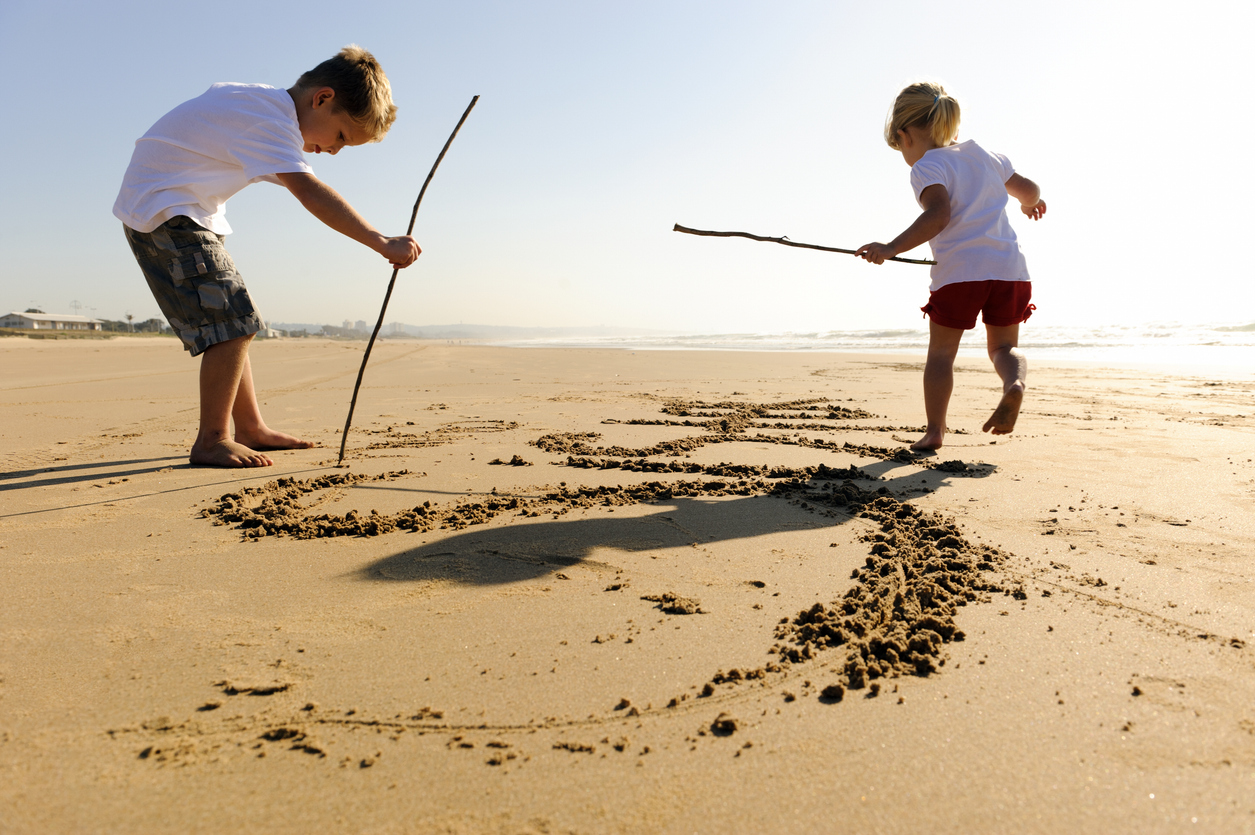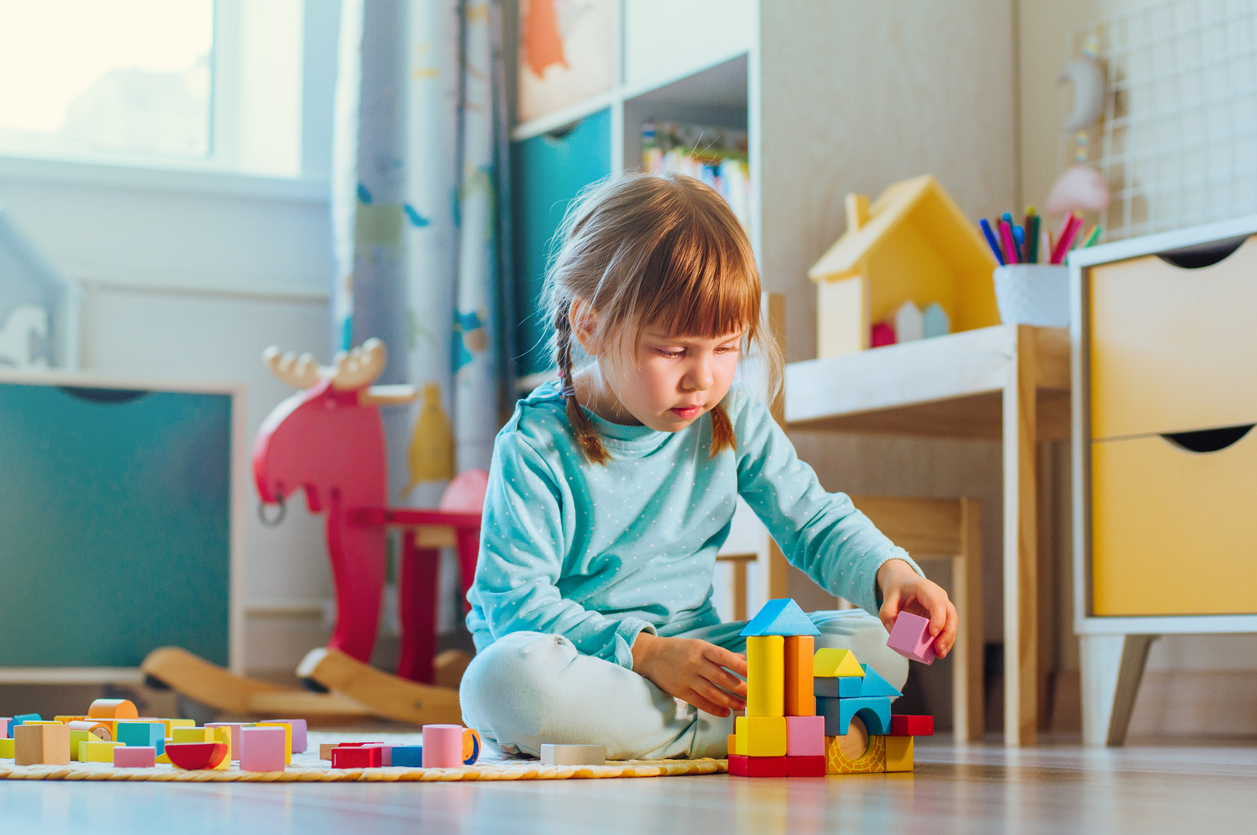Building Confidence and Skills for Kindergarten Readiness
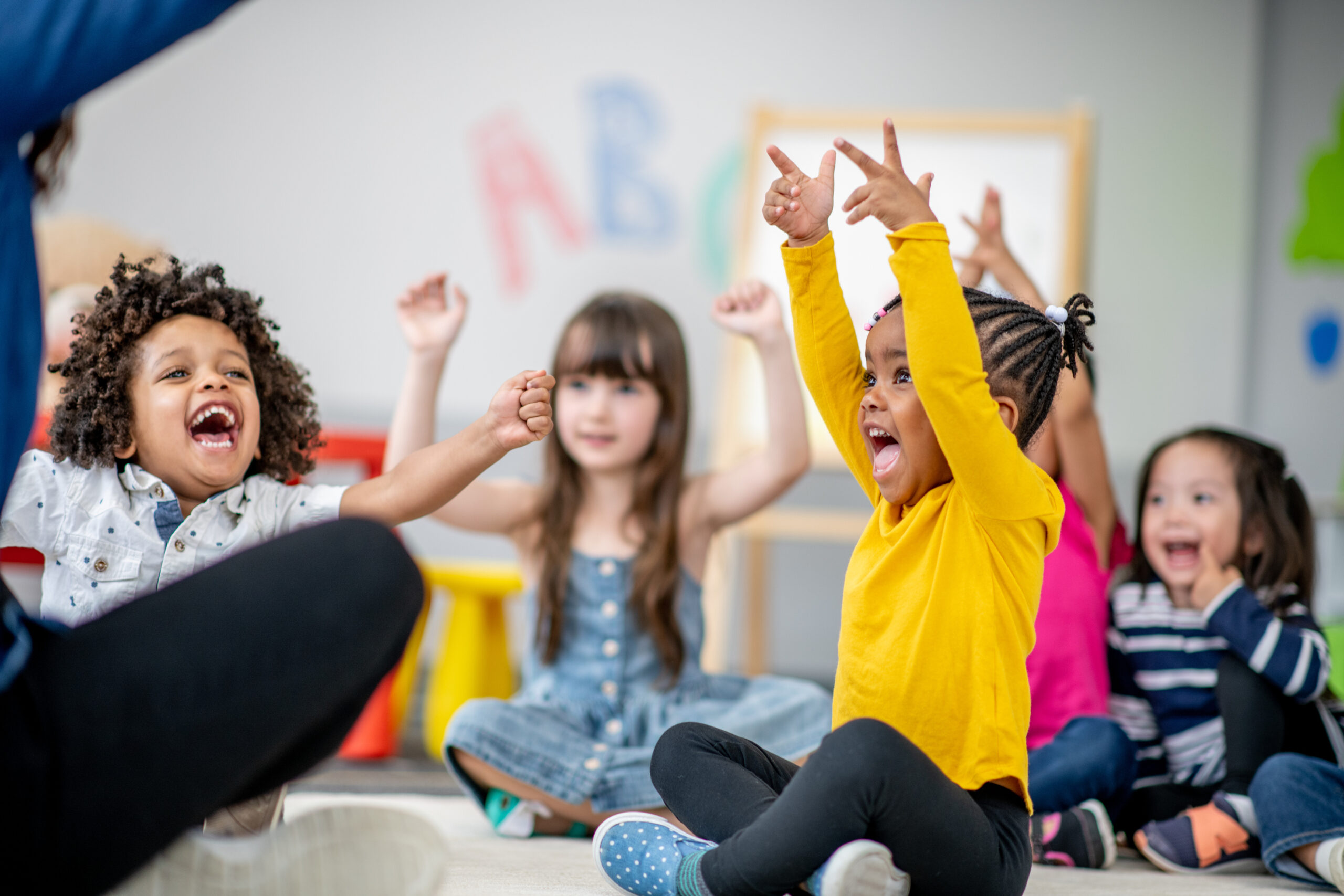
Starting kindergarten is a big milestone. For your child, it’s the beginning of a new adventure. For you, it can bring a mix of excitement and worry. Is my child really ready? What should they know before kindergarten?
We often think that most kids are ready for kindergarten around 5 years old. But kindergarten readiness is more complex than age alone. Just as children begin to walk or talk at different times, they also develop the skills needed for school at their own pace. So instead of just looking at your child’s birthday, consider these key areas of development.
Academic Skills: Nice to Have
Early Language, Literacy, and Math Skills
Good language skills help kids take part in conversations, follow instructions, and enjoy learning in class. By kindergarten, many kids can speak in simple sentences, and answer basic questions about a story. Early literacy skills also matter: things like noticing that letters make sounds, that print carries meaning, that stories have a beginning and end, and even drawing to express ideas. Basic math, like counting from 1 to 10 and recognizing shapes, also helps children get ready for classroom activities.
How you can help:
- Read together every day. Let them turn the pages, talk about the pictures, guess what might happen next, or point out different shapes.
- Sing songs. Songs with rhymes, repetition, or counting, like One, Two, Buckle My Shoe, help children remember words and numbers more easily.
- Tell stories together. Invite your child to share real or make-believe stories. You can use toys or household items to act it out. You could also make it a game by taking turns adding to the story.
Here’s What Educators Really Want to See
Academic skills are helpful, but educators agree they aren’t the heart of readiness. Tiffanie Lambert, assistant superintendent of teaching and learning for Phoenix-Talent, says that “It’d be amazing if they could come in writing their name, recognizing letters and sounds of the alphabet. We don’t always expect that. But being able to come in, interact, understand their emotions, regulate, participate in a class and group — that helps us.”
Indeed, The American Academy of Pediatrics points out that alongside learning letters, numbers, colors, and shapes, what truly prepares children for school are the foundational skills that help them feel confident, curious, and ready to learn with others.
What Really Matters Most
1. Social and Emotional Skills
Being able to get along with others is key to a happy start in kindergarten. Children who can take turns, share, follow directions, and manage big feelings are better prepared for classroom life. A big part of this is self-regulation: staying focused, controlling impulses, and listening for short periods of time.
How you can help:
- Play games. Games that require turn-taking like board games or a simple ball toss help build patience and cooperation.
- Add pretend play. When kids take on roles like chef or doctor, they naturally practice self-control by following the “rules” of their role. You can support this by making simple “play plans”: ask, “Who are you going to be? What will you do?” and even have them draw it before starting. Planning helps them think first and act with purpose.
- Name feelings. Help your child notice and name their feelings by talking about what they are experiencing, for example, “I see you’re frustrated that the block tower fell.” You can also explore our tips and activities for helping your child understand and manage their feelings.
2. Taking Care of Themselves
Kindergarten means your child will spend time away from you. Being able to take care of everyday things like using the bathroom, getting dressed, and managing their own belongings helps them feel confident in the classroom.
How you can help:
- Practice bathroom routines. Encourage your child to use the toilet on their own, wipe, and wash hands properly.
- Encourage dressing skills. When you’re not in a rush, let your child practice putting on shoes, jackets, or hats by themselves.
- Manage personal belongings. Teach your child to pack their backpack, put away their coat, and take care of their lunchbox.
3. Confidence and Curiosity
Perhaps the most powerful skill is a love of learning. Children who feel secure and proud of what they can do are more eager to explore, ask questions, and discover new things. Independence is also key. Kids who feel confident trying things on their own and separating from their parents are better able to navigate the classroom.
How you can help:
- Create comforting routines. Simple rituals like a bedtime story or a morning goodbye can help your child feel safe and ready for the day.
- Offer choices. Let your child make small decisions, such as “Do you want to wear the red shirt or the blue one?” to build independence.
- Give small responsibilities. Encourage tasks like helping set the table or watering plants to develop cooperation, confidence, and a sense of capability.
What About Kindergarten Screenings and Readiness Tests?
Many schools use kindergarten screenings or readiness tests, either because their state requires them or by district choice. The American Academy of Pediatrics notes that readiness tests should not be used to keep children out if they are the right age for kindergarten (check your state’s entrance age and requirements here). Instead, most schools use these screenings to plan ahead, adjust teaching, and share useful feedback with families, not to exclude children.
If your child takes a screening and the results show areas where they might need extra support, treat it as a chance to work with their teachers to make a plan. You know your child best, so share what you see at home: your child’s strengths, interests, needs. This helps the school understand your child better so they can provide the right kind of support from day one.
The Takeaway
Kindergarten readiness isn’t a test your child has to pass. Screenings can offer helpful insights, but every child grows at their own pace. What matters most is giving them a safe, loving environment where they can grow with confidence. And the truth is, you’re already doing it, through bedtime stories, play, and all the small moments that prepare your child for their next big adventure.

